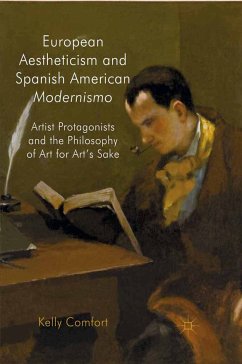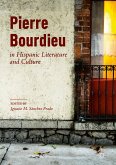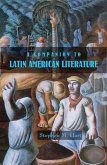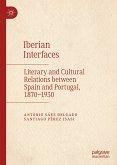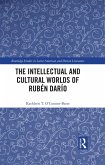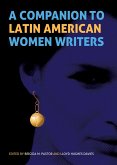The first Spanish-language literary movement to originate in the New World and subsequently influence literary activity in Spain continues to be relevant to contemporary Spanish American writers.
Modernismo, a literary movement of fundamental importance to Spanish America and Spain, occurred at the turn of the nineteenth century, roughly from the 1880s to the 1920s. It is widely regarded as the first Spanish-language literary movement that originated in the New World and that became influential in the "Mother Country," Spain. Characterized by the appropriation of French Symbolist aesthetics into Spanish-language literature, modernismo's other significant traits were its cultural cosmopolitanism, its philological concern with language, literary history, and literary technique, and its journalistic penchant for novelty and fashion. Despite the splendor of modernista poetry, modernismo is now understood as a broad movement whose impact was felt just as strongly in the prose genres: the short story, the novel, the essay, and the journalistic crónica [chronicle]. Conceived as an introduction to modernismo as well as an account of the current state of the art of modernismo studies, this book examines the movement's contribution to the various Spanish American literary genres, its main authors [from Martí and Nájera to Darío and Rodó], its social and historical context, and its continuing relevance to the work of contemporary Spanish American authors such as Gabriel García Márquez, Sergio Ramírez, aargas Llosa.
ANÍBAL GONZÁLEZ-PÉREZ is Professor of Modern Latin American Literature at Yale University.
Modernismo, a literary movement of fundamental importance to Spanish America and Spain, occurred at the turn of the nineteenth century, roughly from the 1880s to the 1920s. It is widely regarded as the first Spanish-language literary movement that originated in the New World and that became influential in the "Mother Country," Spain. Characterized by the appropriation of French Symbolist aesthetics into Spanish-language literature, modernismo's other significant traits were its cultural cosmopolitanism, its philological concern with language, literary history, and literary technique, and its journalistic penchant for novelty and fashion. Despite the splendor of modernista poetry, modernismo is now understood as a broad movement whose impact was felt just as strongly in the prose genres: the short story, the novel, the essay, and the journalistic crónica [chronicle]. Conceived as an introduction to modernismo as well as an account of the current state of the art of modernismo studies, this book examines the movement's contribution to the various Spanish American literary genres, its main authors [from Martí and Nájera to Darío and Rodó], its social and historical context, and its continuing relevance to the work of contemporary Spanish American authors such as Gabriel García Márquez, Sergio Ramírez, aargas Llosa.
ANÍBAL GONZÁLEZ-PÉREZ is Professor of Modern Latin American Literature at Yale University.
Dieser Download kann aus rechtlichen Gründen nur mit Rechnungsadresse in A, D ausgeliefert werden.



